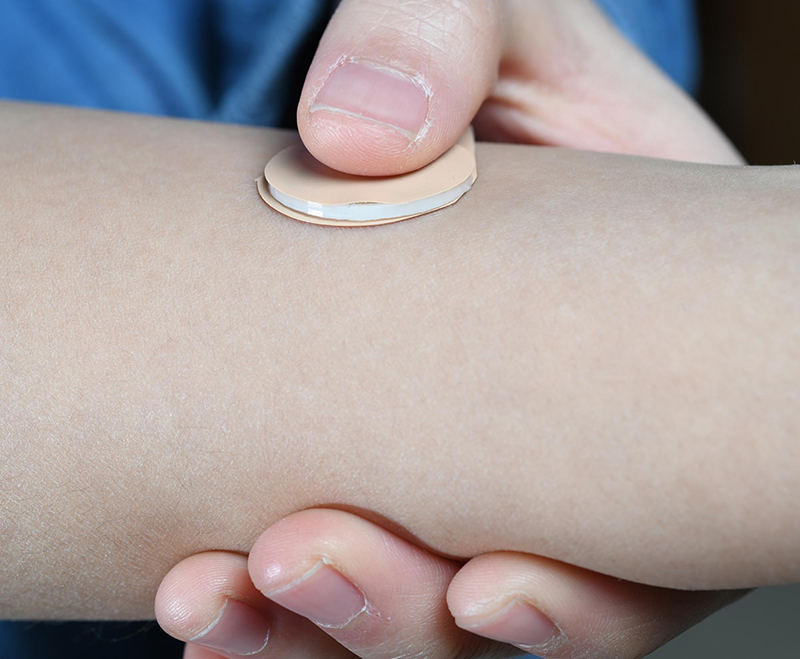
Women often do not have adequate access to contraception, and methods such as condoms have low acceptance and a high failure rate, mostly due to incorrect use, which can result in unplanned pregnancies. Other methods require trained professionals to be administered.
Read more Ava Fertility Tracker to Partners with Claire Holt to Promote Fertility, Pregnancy Awareness
Georgia Tech researchers developed a microneedle patch with rapidly separable biodegradable polylactic acid and dissolvable polylactic-co-glycolic acid needles that implant into a user’s skin and slowly dissolve over time, delivering contraceptive drug LNG (levonorgestrel). LNG has been used as a clinical contraceptive for a long time.
“There is a lot of interest in providing more options for long-acting contraceptives,” said Mark Prausnitz, the study’s corresponding author. “Our goal is for women to be able to self-administer long-acting contraceptives with the microneedle patch that would be applied to the skin for five seconds just once a month.”

Another great advantage of the microneedles is that they break off inside the skin once the user presses down on it with a finger. Air bubbles at the base of the needles allow them to fracture precisely so that the whole of the needles ends up within the skin.
Read more Rising Popularity of Female Health Tech Will Take A Big Bite Out of Wearables Market
In a study, the microneedle patch was well tolerated in rats, and there was very little evidence of use. It also maintained plasma concentrations of the hormone above the human therapeutic level for one month. Researchers believe further development of this device will allow women to self-administer them.








